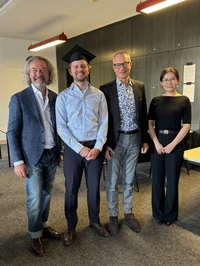Topic: City, country, dates? Digitisation means: knowledge is available in a previously undreamt-of scope. Data can be collected, linked and evaluated in new ways. This changes communication and decision-making processes in cities and urban research. This ExWoSt study examines whether and how gamification, wikis, prediction markets, etc. can create new knowledge for the city.
In the course of digitalisation, new ways of acquiring knowledge are opening up through procedures such as gamification, wikis, prediction markets and big-data analyses. This results in three major challenges:
1. Collecting and organising procedures: How can new forms of knowledge acquisition, knowledge organisation and decision-making be structured in a meaningful way? How can municipal self-administration, urban development and urban research identify suitable processes with the help of such structuring?
2. Evaluation of procedures: Which criteria are suitable for assessing usability and relevance? How can the right criteria be found and operationalised - in accordance with their own tasks and needs?
3. Selection procedures: Which results are shown in concrete application situations? How can these results be transferred from individual examples, which are examined in more detail in the research project, to other situations?
Client: BBSR, Federal Institute for Research on Building, Urban Affairs and Spatial Development
Contractor: Consortium of STAT-UP, STUDIO | STADT | REGION, Chair for Spatial Development of the TU Munich and Urban Progress


